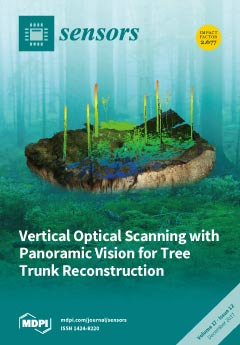Open AccessFeature PaperArticle
Integrity Testing of Pile Cover Using Distributed Fibre Optic Sensing
by
Yi Rui 1, Cedric Kechavarzi 1, Frank O’Leary 2, Chris Barker 2, Duncan Nicholson 2 and Kenichi Soga 3,*
1
Centre for Smart Infrastructure & Construction, Department of Engineering, University of Cambridge, Cambridge CB2 1PZ, UK
2
Arup Group Limited, London W1T 4BQ, UK
3
Department of Civil and Environmental Engineering, University of California, Berkeley, CA 94720-1234, USA
Cited by 48 | Viewed by 10474
Abstract
The integrity of cast-in-place foundation piles is a major concern in geotechnical engineering. In this study, distributed fibre optic sensing (DFOS) cables, embedded in a pile during concreting, are used to measure the changes in concrete curing temperature profile to infer concrete cover
[...] Read more.
The integrity of cast-in-place foundation piles is a major concern in geotechnical engineering. In this study, distributed fibre optic sensing (DFOS) cables, embedded in a pile during concreting, are used to measure the changes in concrete curing temperature profile to infer concrete cover thickness through modelling of heat transfer processes within the concrete and adjacent ground. A field trial was conducted at a high-rise building construction site in London during the construction of a 51 m long test pile. DFOS cables were attached to the reinforcement cage of the pile at four different axial directions to obtain distributed temperature change data along the pile. The monitoring data shows a clear development of concrete hydration temperature with time and the pattern of the change varies due to small changes in concrete cover. A one-dimensional axisymmetric heat transfer finite element (FE) model is used to estimate the pile geometry with depth by back analysing the DFOS data. The results show that the estimated pile diameter varies with depth in the range between 1.40 and 1.56 m for this instrumented pile. This average pile diameter profile compares well to that obtained with the standard Thermal Integrity Profiling (TIP) method. A parametric study is conducted to examine the sensitivity of concrete and soil thermal properties on estimating the pile geometry.
Full article
►▼
Show Figures






